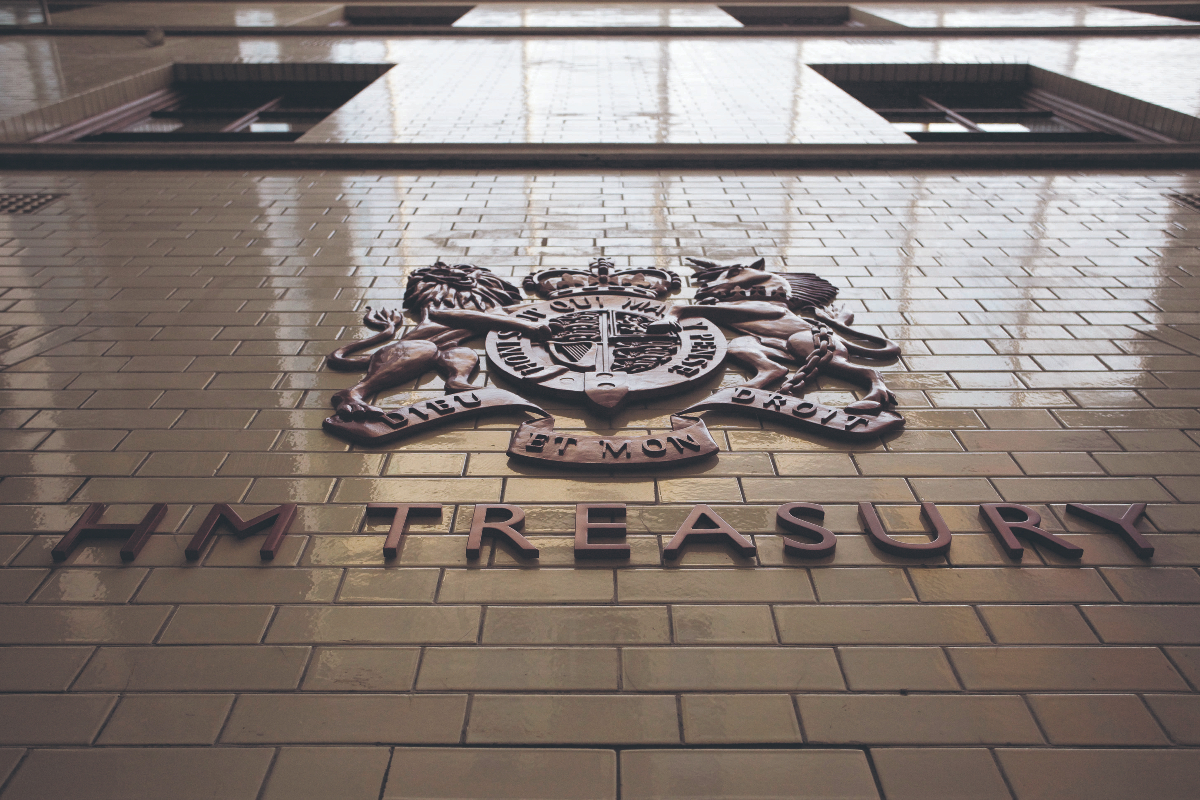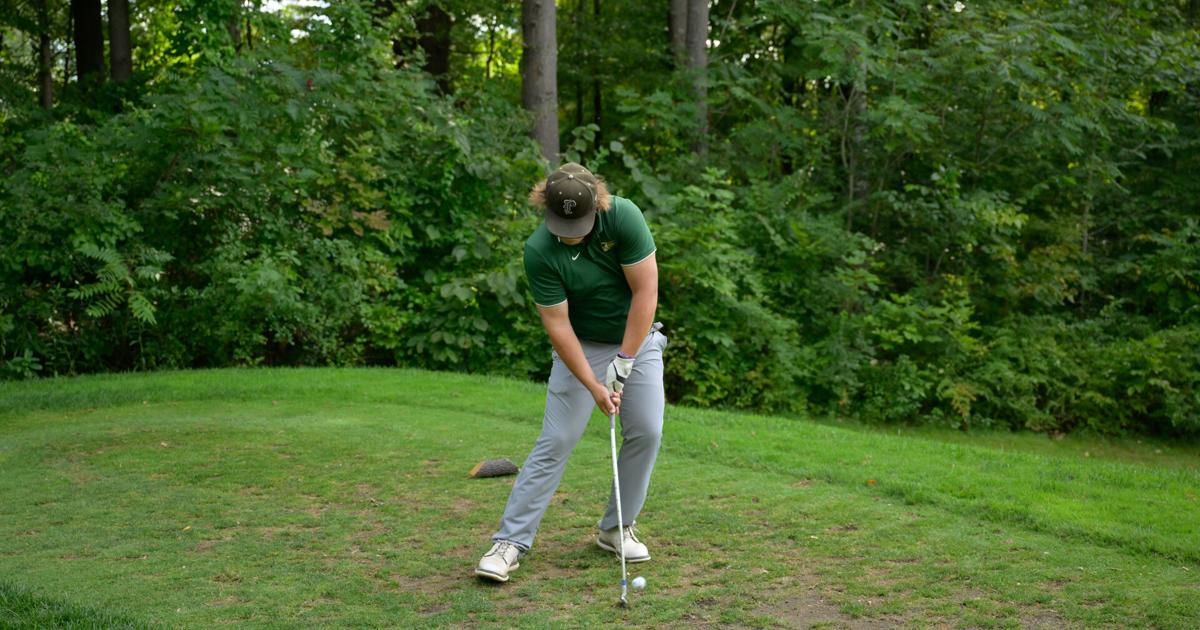By Maisie Grice
Copyright cityam

While pensioners may be cheering a proposed 4.7 per cent rise in the state pension, there are lingering questions over the sustainability of such increases and the viability of the triple lock itself.
The proposed uplift means that payments to retirees are on track to rise by more than £560, bringing the new full state pension to £12,534.60, according to the latest data from the Office for National Statistics.
This represents an increase to £241 per week, up from £230.25.
Mike Ambery, retirement savings director at Standard Life, said: “With the government holding fast to its commitment to the triple lock…the planned uplift will be some comfort to pensioners grappling with rising bills and the lingering effect of inflation.”
The triple lock promises to increase the state pension every April in line with inflation, 2.5 per cent or wage growth, whichever is highest.
Tax concerns
However, the incoming rise has sparked concerns among industry figures about the possibility of more pensioners being forced to pay tax and ultimately fail to benefit from the rise.
The new full state pension will be over 99 per cent of the personal allowance, currently frozen at £12,570, until 2028, meaning pensioners will need just £35.40 of other income before paying income tax.
This includes a private workplace pension or any taxable benefits, such as bereavement allowance, meaning for pensioners who pay the higher rate of tax, the £561.60 rise will be eroded to around £337.
Claire Trott, head of advice at St James’s Place said: “While many pensioners will enjoy the boost to their pension pot, this increase…risks pushing many more people into paying tax on any other additional income they have.”
“Which could result in unexpected tax bills for unassuming pensioners.”
Triple lock sustainability
The pension hike has also brought the sustainability of the triple lock back into question, as the Treasury continues to grapple with an estimated £20bn financial hole and a strained public purse.
David Brooks, head of policy at financial services consultancy Broadstone said: “The rising cost of funding this benefit will once more come under scrutiny.”
“Debate over the future of the triple lock itself, means-testing or alternative funding, such as via the introduction of a national insurance contribution of some kind, is likely to intensify.”
Other industry figures suggested abolishing the triple lock or raising the state pension age faster or higher than originally planned, both of which could prove controversial, in particular following the failed abolishment of the winter fuel payment.
However, the government has reiterated its manifesto commitment to the triple lock, with pensions minister Torsten Bell also recently ruling out scrapping the guarantee.
But, with the state pension creeping closer to the frozen tax threshold, the government may finally be forced to address its sustainability, as OBR analysts predicted spending on the state pension is set to rise from around five per cent of GDP to 7.7 per cent in the next fifty years.
Brooks said: “Sustaining the state pension is a political choice but, for now, one which remains too difficult to address.”



